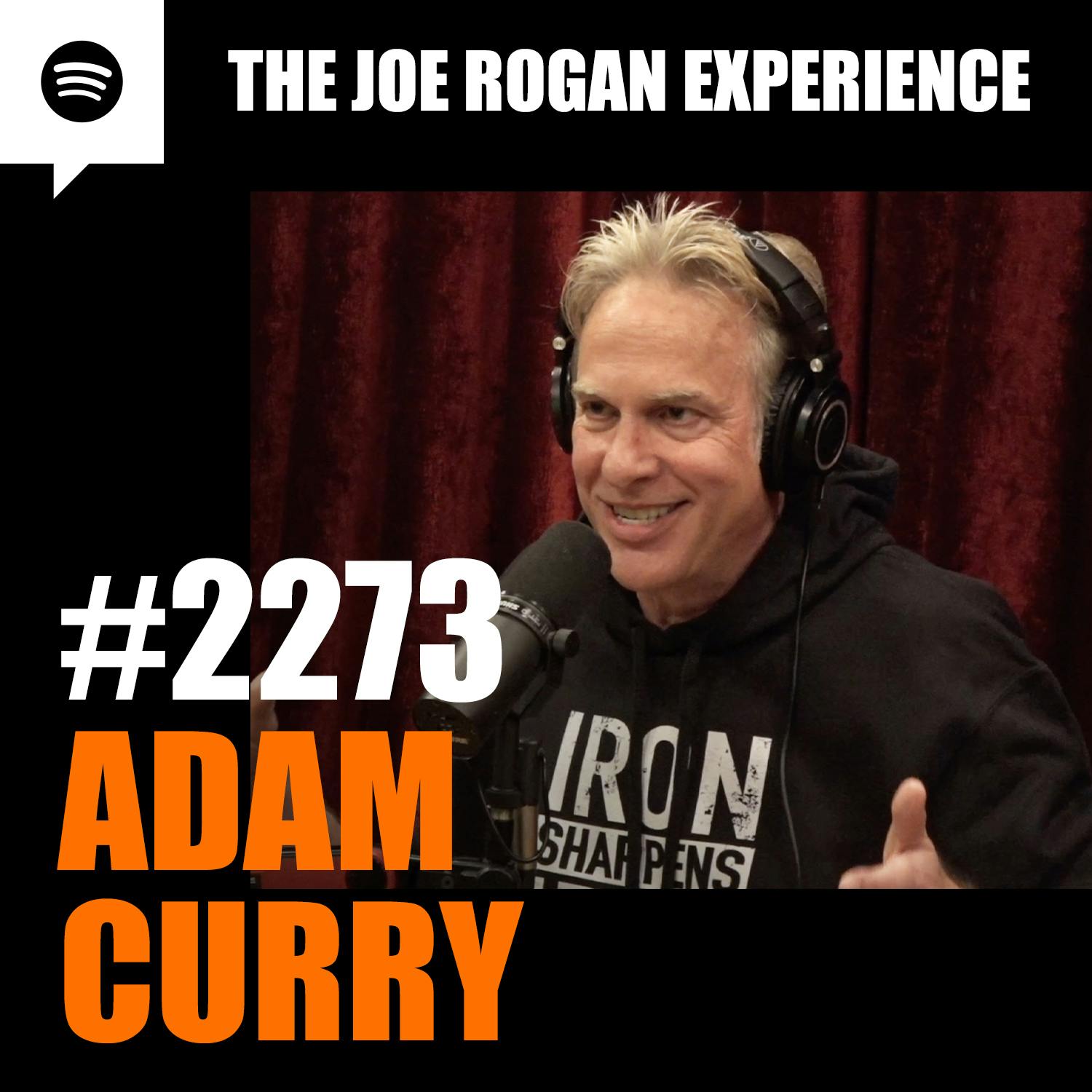
June 19, 2024 • 2hr 7min
#2166 - Enhanced Games
The Joe Rogan Experience

Key Takeaways
- The founders of the Enhanced Games aim to create an Olympic-style competition that allows the use of performance-enhancing substances, arguing that the current Olympic system is corrupt and unfair
- They believe athletes should have the right to bodily autonomy and make informed decisions about what substances to use, with proper medical supervision
- The Enhanced Games plan to offer million-dollar prizes for breaking world records, attracting top athletes who may be banned from traditional Olympics
- Challenges include navigating issues around transgender athletes, ensuring safety and health monitoring, and dealing with potential backlash from the traditional Olympic system
- The founders see the Enhanced Games as a way to showcase the potential of human enhancement through science and technology, while also making it a profitable business venture
Introduction
In this episode, Joe Rogan interviews Christian Angermayer and Dr. Aron D'Souza, the co-founders of the Enhanced Games - an upcoming Olympic-style competition that will allow the use of performance-enhancing substances. The founders argue that the current Olympic system is corrupt and unfair, with widespread doping occurring despite bans, and athletes not being adequately compensated for their efforts. They aim to create a new model that celebrates human enhancement through science and technology, while also making it a profitable business venture.
Topics Discussed
The Corruption of the Olympic System (0:55)
- The founders cite statistics showing that 44% of Olympians admit to using banned performance-enhancing drugs, with the real number likely much higher
- They argue the Olympics generate billions in revenue while the athletes themselves only earn around $30,000 per year on average
- The International Olympic Committee is seen as an unaccountable organization run by "European aristocrats" that sets arbitrary rules
The Enhanced Games Model (1:19)
- The Enhanced Games will have five core sports: track, swimming, combat, gymnastics, and strength
- Athletes will be compensated, with a $1 million prize for breaking a world record
- The events will not be organized by country, but rather focus on the individual human being and their potential
- The founders have already received interest from major brands and broadcasters, as well as positive feedback from heads of state
Legality and Safety Considerations (4:52)
- Many performance-enhancing substances are legally available, even if banned by sports organizations
- The founders plan to have a rigorous medical and safety framework, including requiring athletes to work with publicly disclosed doctors
- There will be limits on dosages and substances to prevent health risks and organ damage
The History and Ethics of Performance Enhancement (18:01)
- The founders argue that performance enhancement has a long history, even in ancient Greek Olympics
- They believe adults should have the right to make informed decisions about what substances to use on their own bodies
- Comparisons are made to the use of creatine, which was once controversial but is now widely accepted
The Psychedelic Renaissance and Drug Policy (51:37)
- The founders are also involved in the psychedelic medicine industry, arguing these substances have been unfairly criminalized
- They cite research showing the relative safety of psychedelics compared to legal drugs like alcohol
- The goal is to bring psychedelics into the medical mainstream through rigorous scientific research and clinical trials
Challenges and Controversies (1:39:19)
- Navigating issues around transgender athletes competing in the Enhanced Games
- Potential backlash from the traditional Olympic system and sports governing bodies
- Ensuring a level playing field and fairness, especially in combat sports
- Dealing with the ethics and safety of genetic engineering and other emerging enhancement technologies
Conclusion
The Enhanced Games represent a bold and controversial vision to reinvent the Olympic model by embracing human enhancement through science and technology. The founders believe this is the future, arguing that the current Olympic system is corrupt and unfair. While there are significant challenges to overcome, they are confident in their ability to create a profitable and culturally impactful new sports franchise that celebrates the full potential of the human body and mind. Ultimately, the Enhanced Games aim to push the boundaries of what is possible, sparking a broader societal discussion around the ethics and implications of human enhancement.









